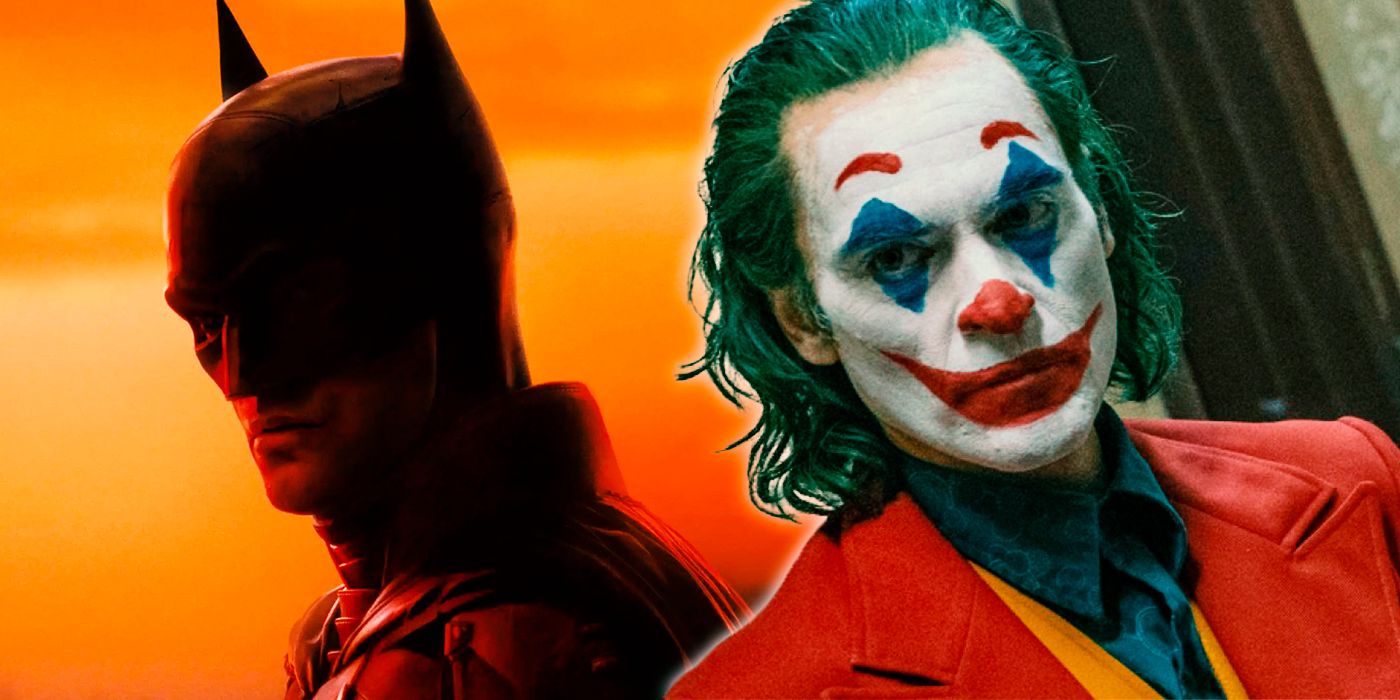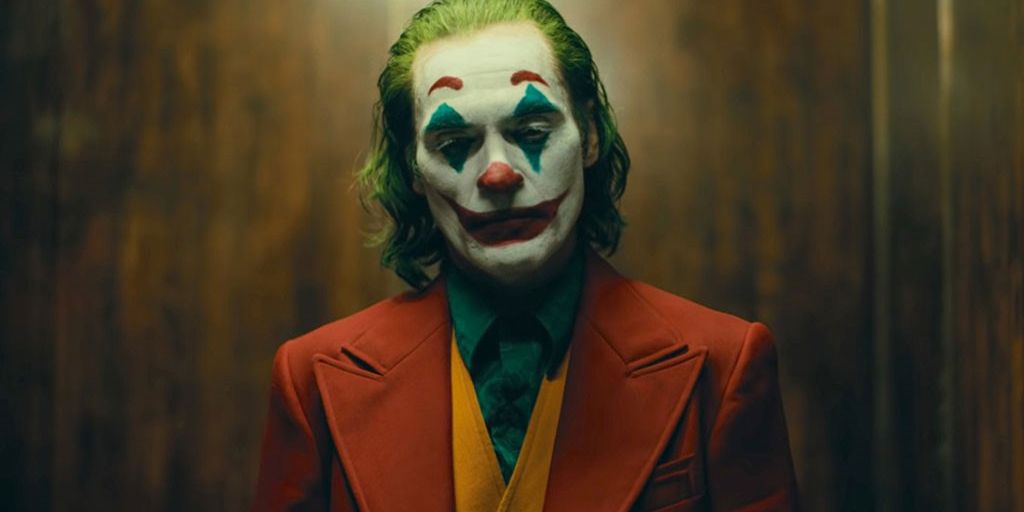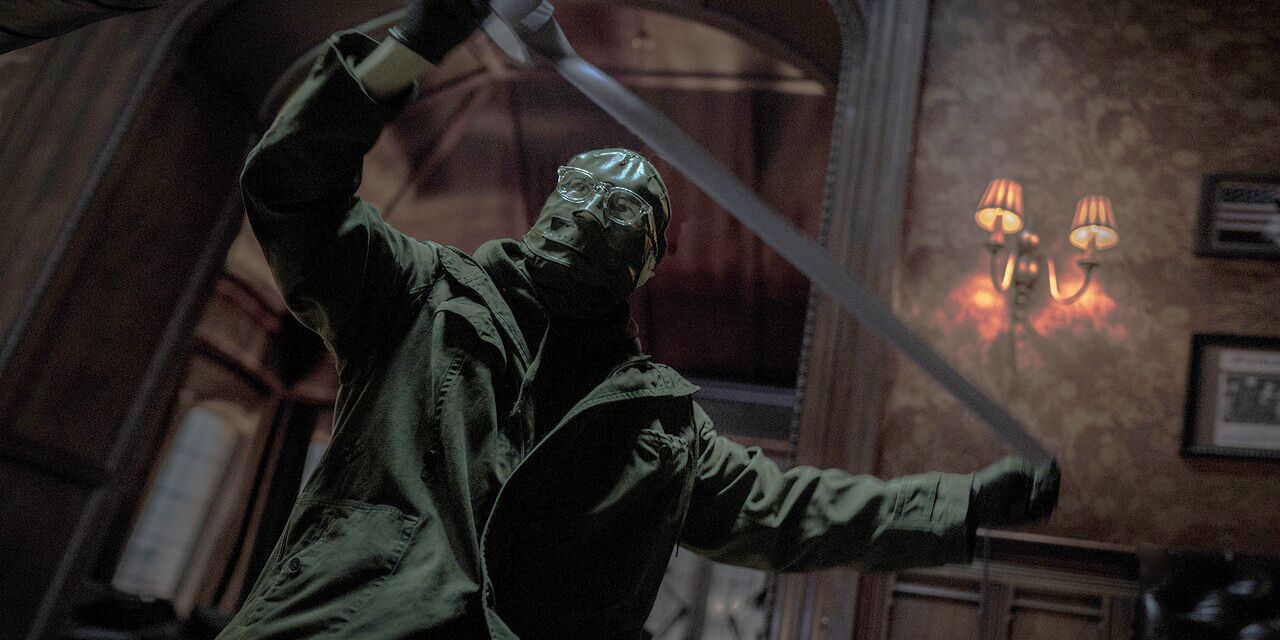Since Matt Reeves' The Batman hit the theater, fans have connected the film and Todd Phillips' Joker. However, the director clearly stated they were unrelated films in their own separate universes. Reeves conceived the idea of a Kurt Cobain-like Batman long before Joker's release, but the film bears a jarring resemblance in the tone, makeup and villain storyline.
Joaquin Phoenix's Joker and The Batman's Riddler had essentially the same backstory. Both targeted specific victims: Joker took revenge on those who crossed him and had higher social status, while Riddler's choice of victims were corrupted, wealthy people who were responsible for his broken childhood. Both Joker and Riddler's crimes were personal expressions of rage. They also suffered from parental abuse and neglect and were victims before becoming abusers. Additionally, both villains established a cult following through their crimes, which became their motivation and the core of their new identity.
Ever since the Red Hood made his first mentioned appearance in a Batman's criminology lecture in "The Man Behind The Red Hood," Detective Comics 1 #168, Joker the Clown Prince of Crime gradually entered the audiences' sight. He has had many backstories. In Batman: The Killing Joke, Joker was a nameless Ace Chemical worker turned robber who jumped into a contaminated lake and bleached his skin during an escape from Batman. Batman: Mad Love gave him a troubled past through his interaction with Harley Quinn, but Joker has never outrun his obsessive, violent nature. At least, it wasn't until Joaquin Phoenix's portrayal of Arthur Fleck, a man struggling with mental illness, who became a symbol of rebellion in Todd Phillips' 2019 film.
The line that separates the villain and the hero has never been thinner. Joaquin Phoenix's Joker isn't simple-minded or evil. Despite the nature of his story, the Joker character was relatable in a spine-tingling manner. If Joker were in the Hunger Games saga fighting against the Capitol, his crimes against the rich and those in power would be praised. It also seems to be an implied response to Joker's ending when the protagonist was freed and was surrounded by his followers as they looted, rioted, and murdered in the city of Gotham -- a terrifying act of terrorism, but Phillips' Joker makes the viewers feel for their rage.
The Batman gave viewers a Zodiac killer-inspired criminal mastermind Riddler, who was obsessive and highly intelligent. However, unlike Joaquin Phoenix's Joker, who made glory and evil situational, Riddler was serial-killer-level horrifying. His backstory didn't make an excuse for the audience to feel sorry for him. Instead, it explained his rage and provided insight into Riddler's criminal mind and quirks.
Joker's ending puts an end to the protagonist's tragic past. Arthur Fleck came full cycle and finally let go of the part of him that imprisoned him. In celebrating his freedom, Fleck did his signature dance for every step toward independence and revenge. The film leaned heavily toward connecting Arthur Fleck and the Joker symbol rather than defining him as Joker, the Clown Prince of Crime.
Although the bones of the storyline of the two villains were essentially the same, the perspectives of shaping the villains were fascinatingly different. On the other hand, Riddler's ending in The Batman was only the beginning of a supervillain whose criminal potential was recently activated. The end scene found him next to the cell from Barry Keoghan's Joker, implying a villain duo in the planning.
The Batman and Joker are available to stream on HBO Max.



